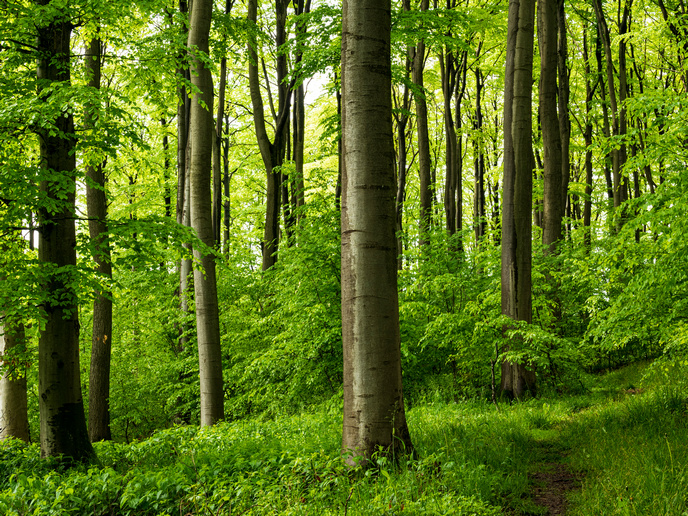Restoring forests in the aftermath of beetle outbreaks
In 2018, the forests in Germany’s most populous state, North Rhine-Westphalia (NRW), suffered massive pest outbreaks, leading to widespread devastation that the region still struggles with. Responding to the need to restore the NRW forest ecosystem, the EU-funded SUPERB(opens in new window) project has brought together many stakeholders to build a powerful network combining practical and scientific knowledge that can bring about transformative change. The devastation wrought in the NRW’s forests was the work of the European spruce bark beetle (Ips typographus). The infestation led to forest dieback, the widespread decline in health and eventual death of trees in a forest ecosystem. Besides insect infestations, forest dieback can also be caused by factors such as drought, acid rain and air pollution. However, no matter its cause, it can have major ecological and economic consequences, affecting biodiversity, carbon sequestration and timber industries. For the NRW’s local communities, it has led to a drop in tourism, recreation, and water and wood provision. Also, the loss of income resulting from the large-scale disaster has left many forest owners unable to manage reforestation without assistance. SUPERB actions to combat the effects of the beetle infestation in the NRW included a public engagement workshop(opens in new window) held in April 2024. The first to be held in the project’s German demo area(opens in new window) close to Arnsberg, the 2.5-hour workshop was preceded by discussions of restoration goals and expectations among diverse stakeholders. The discussions continued during a guided tour of the demo area, including topics ranging from climate resilience and tree species selection to the role of deer pressure for forest restoration and the importance of deadwood for biodiversity. This provided valuable insight on the needs and challenges faced by this forest area and its ecosystem and people.
Expanding synergies
To help achieve Europe-wide forest restoration, SUPERB is also collaborating with bodies not formally involved in the project. One of these is Coillte, the Irish state-owned forestry company that has shown great interest in learning from the project and is incorporating key lessons into its strategic plan for managing Ireland’s forests. “The visit was highly informative in terms of understanding lessons learned from the catastrophic Ips beetle outbreak of 2018 and how German foresters are creating more resilient forests in response to climate change impacts,” reports Coillte Director Ciaran Fallon in a SUPERB news item(opens in new window). “Developing a strategy for resilience and adaptation to climate change, including the increasing risk of a major pest outbreak, for our estate is critical. Building on the learnings from continental Europe, we are working with partners to model, with the most accurate data, future climate scenarios and associated impacts. Identifying risks and testing scenarios will enable us to develop the best resilience and sustainability for our forest estate.” Catharina Schmidt of SUPERB (Systemic solutions for upscaling of urgent ecosystem restoration for forest related biodiversity and ecosystem services) project partner Wald und Holz NRW emphasises the importance of adopting a global perspective on forests to effectively combat the climate and biodiversity crisis. “Forests offer a multitude of ecosystem services, serving as carbon sinks producing the sustainable raw material wood and providing habitats for numerous species. It is therefore important to preserve our forests globally. I am glad to share our experience, so others can learn from us to take proactive steps sooner to mitigate risks. Timely transformation of forests is important under global change.” For more information, please see: SUPERB project website(opens in new window)



